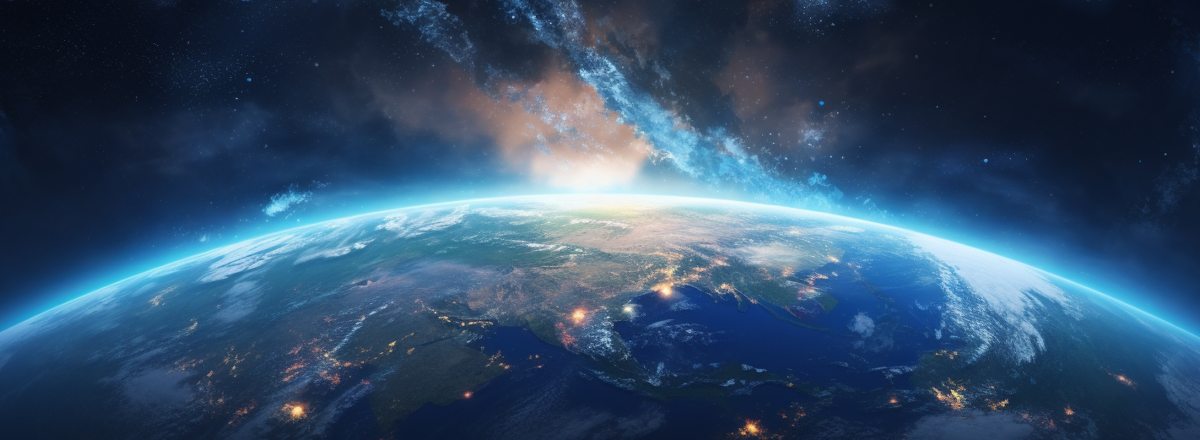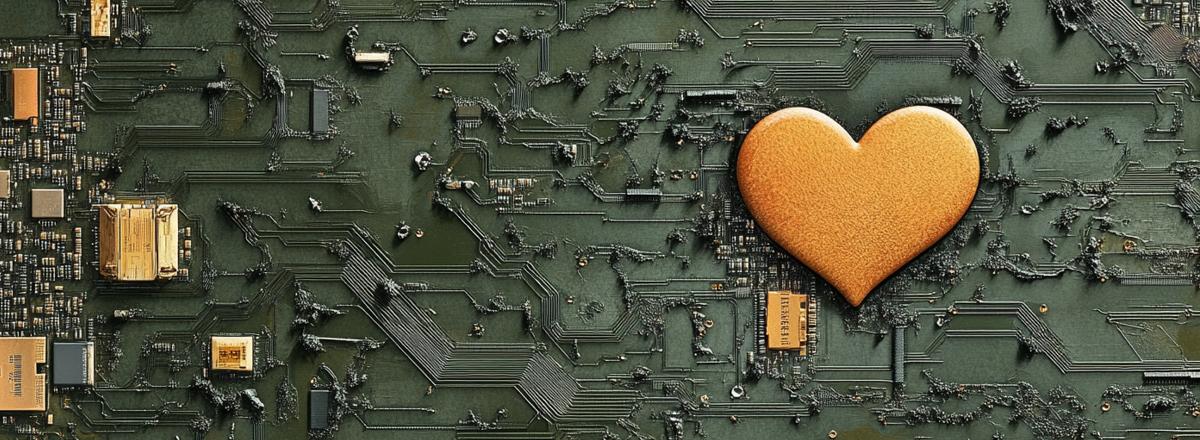Book Byte: Novacene by James Lovelock
Novacene by James Lovelock is a rare book by a notable intellect. Its rarity is realized through concise assertions and profound predictions. Its authors notoriety is derived from a lifetime of scientific and intellectual achievement.
James Lovelock is the originator of the Gaia hypothesis, which asserts that all organisms are part of a self-regulating system that perpetuates conditions for life on the planet. This departs from the conventional scientific view that evolution of species occurs randomly. Under Gaia, there is a plan.
The book is presented in three parts. The first part sets the author’s view of the universe and life’s place in it. There are several plausible solutions to the Fermi Paradox but he leans toward what is perhaps the bleakest view, that we are utterly alone. Given the lack of evidence of other intelligences and the relative ages of the universe and the Earth, he suggests we are the first intelligence to emerge. This creates a profound sense of responsibiilty for us. Lovelock suggests that, ultimately, there is a goal to the universe and that goal is for it to “understand” itself. While I personally find this kind of theororizing too vague to have much value, we will, for the sake of thought experiment and enjoying the book, assume this might indeed be the case.
In the second part of the book, our attention is directed at the Earth and how humans fit into the grand picture. According to his viewpoint, the Anthropocene has produced huge changes to the biosphere based on human activity driven by market forces. He points at the steam engine as being a major turning point in our ability to harvest fossil fuels, thus increasing the CO2 in the atmosphere. I think he is spot on here and designating an age based on human impact seems reasonable. There is overwhelming evidence of a warming planet and a species facing a technologically induced catastrophe.
Lovelock is careful not to condemn human technology wholesale, in fact he sees it as a natural product of evolution. He points out that “Gaia is all about constraints and consequences” and identifies some positive results of the Anthropocene. For example, there is a greater potential for the universe to understand itself (as Lovelock puts it) through the human mind. He theorizes an even greater consciousness potential through our artificially intelligent offspring.
In the last part of the book, Lovelock looks ahead at what is in store for us, namely superintelligent technology that supplants our dominance over Gaia. He refers to these intelligences as “cyborgs,” although that term has come to have a more specific definition. He suggests we name this new age the Novacene, if only as a placeholder. He wagers that more of these cyborgs than not will value Gaia and try to protect it. This may mean strict control over human activity, or indeed a mass reduction or elimination of the species. This is not a new idea and one that is shared by many notable thinkers around AI.
Lovelock concludes the book by speculating that this next stage of intelligence may be the final one in the cosmos, with the ultimate goal of creating as much intelligence and understanding as the physical contraints of the universe allow. This is a nice vision, and one that I can’t rule out, but also one that stands unremarkable in a crowd of speculations about what the universe is and where it’s headed.
For all the speculation Lovelock produces, his arguments are clear and hard to refute. He’s a big picture thinker and Gaia needs more thinkers like this. Our little planet is too precious for narrowness now.
Though I have my doubts about Gaia’s plan and the fate of the cosmos, I hope Lovelock is right.




